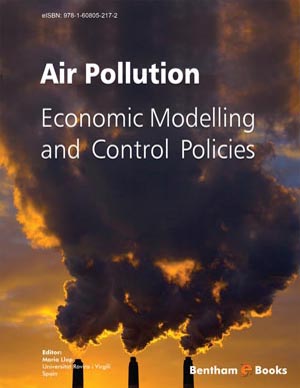Abstract
Bringing balance among social, economic and environmental goals has remained hot issue for high income countries’ planning policies since last four decades. Doubtlessly, Turkey has also not remained behind in joining the hands in bringing clean and green environment in the world along with other nations of the world. Turkey has ratified Kyoto Protocol is 2009 and Turkey has not been given any reduction target of GHGs emissions but if Turkey morally reduces GHGs emissions by 10 or 5 percent subject to the level of 2009 GHGs emissions by the year 2012; by how much such reductions will cause decrease in final demand, employees’ compensation and total output of sectors is the central investigation of this study. Using input-output techniques, this study has estimated GHGs emissions for the year 2012 from fossil fuel consumption and results suggest that all GHGs emissions have increased by 22.5 percent from 2009 levels. This study has developed a new technique that uses GHGs emissions target as exogenous variable and solves for final demand which is endogenous variable. The opportunity cost of reducing GHGs emissions by 10 and 5 percent in 2012 is the giving up of 8.12 and 4.08 percent of final demand, employees’ compensation and total output of sectors respectively. Substitution of natural gas completely for other fossil fuel types reduces GHGs emissions so significantly in 2012 that Turkey can pursue her sustainable development goals.
Keywords: GHGs Emissions, Kyoto Protocol and Natural Gas Substitution.












